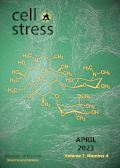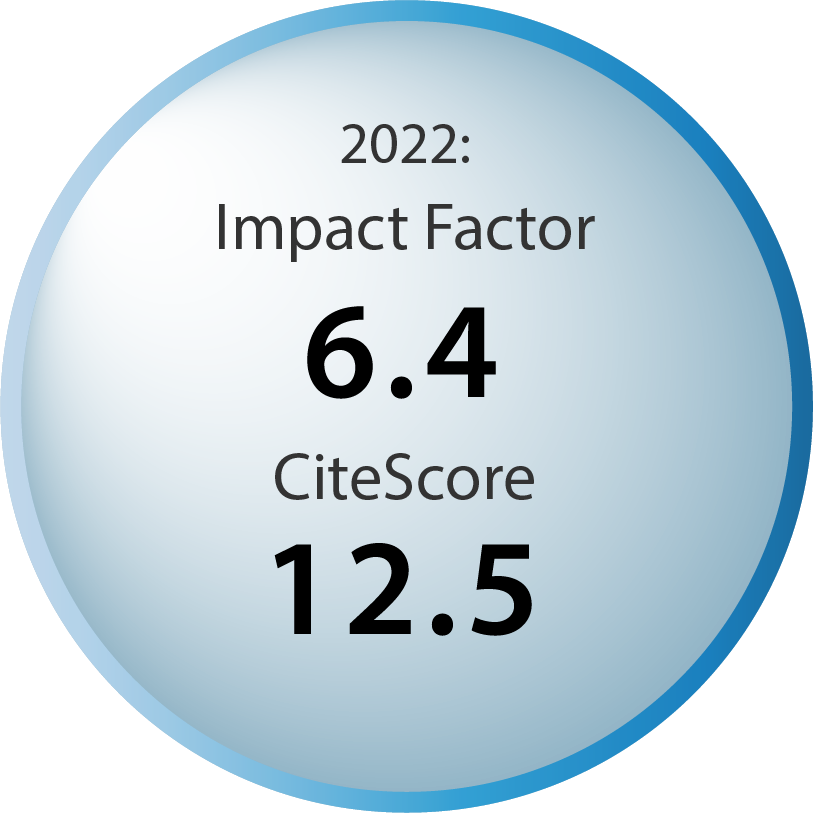Table of contents
Volume 7, Issue 4, pp. 20 - 33, April 2023
Cover: This month in
Cell Stress: Macrolide antibiotics and the integrated stress response. Image credit: public domain
image by National Institutes of Health (NIH). Image modified by
Cell Stress. The cover is published under the
CC BY 4.0 license.
Enlarge issue cover
Macrolide antibiotics activate the integrated stress response and promote tumor proliferation
Xin Yu, Ai-Ling Tian, Ping Wang, Juanjuan Li, Juan Wu, Bei Li, Zhou Liu, Siqing Liu, Zhijie Gao, Si Sun, Shengrong Sun, Yi Tu and Qi Wu
Research Articles |
page 20-33 | 10.15698/cst2023.04.278 | Full text | PDF |
Abstract
Macrolide antibiotics are widely used antibacterial agents that are associated with autophagy inhibition. This study aimed to investigate the association between macrolide antibiotics and malignant tumors, as well as the effect on autophagy, reactive oxygen species (ROS) accumulation and integrated stress response (ISR). The meta-analysis indicated a modestly higher risk of cancer in macrolide antibiotic ever-users compared to non-users. Further experiments showed that macrolides block autophagic flux by inhibiting lysosomal acidification. Additionally, azithromycin, a representative macrolide antibiotic, induced the accumulation of ROS, and stimulated the ISR and the activation of transcription factor EB (TFEB) and TFE3 in a ROS-dependent manner. Finally, animal experiments confirmed that azithromycin promoted tumor progression in vivo, which could be receded by N-acetylcysteine, an inhibitor of ROS and ISR. Overall, this study reveals the potential role of macrolide antibiotics in malignant progression and highlights the need for further investigation into their effects.



